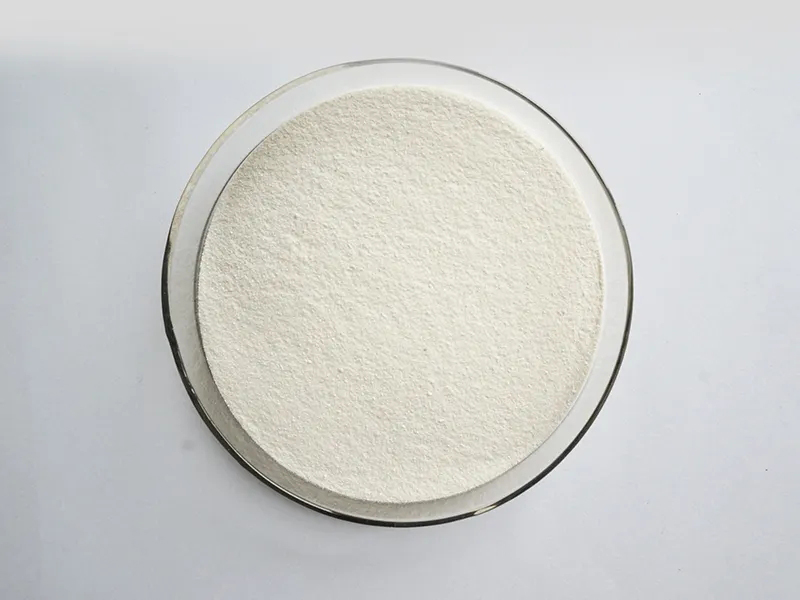Urolithin A is a compound that is derived from ellagic acid, which is found in various fruits and nuts, particularly in the skins of certain fruits like pomegranates and berries. It is known for its potential health benefits, particularly in relation to mitochondrial health and muscle function. However, it’s essential to note that research on Urolithin A is still in the early stages, and more studies are needed to fully understand its effectiveness, side effects, and long-term safety. As of my last knowledge update in January 2022, the information available might be subject to updates or changes.

Effectiveness of Urolithin A:
Mitochondrial Health: Urolithin A has been studied for its potential role in promoting mitochondrial health. Mitochondria are often referred to as the powerhouse of the cell, responsible for energy production. Urolithin A is believed to enhance mitochondrial function, leading to improved cellular energy production.
Muscle Function: Some studies suggest that Urolithin A may have positive effects on muscle function and could potentially play a role in muscle health and performance. However, more research is needed to confirm these findings.
Side Effects of Urolithin A:
As of my last update, there is limited information available on the side effects of Urolithin A. Most studies conducted so far have not reported significant adverse effects, but it’s crucial to note that research is still in the early stages.
Since Urolithin A is naturally derived from certain foods, it is generally considered safe when consumed in moderate amounts from dietary sources. However, when taken in supplement form, it’s important to be cautious and consult with a healthcare professional.

Special Precautions of Urolithin A:
Pregnancy and Breastfeeding: There is insufficient information on the safety of Urolithin A for pregnant or breastfeeding women. It’s advisable for these groups to avoid Urolithin A supplements and focus on obtaining nutrients from a balanced diet.
Interactions with Medications: Urolithin A’s potential interactions with medications are not well-studied. If you are taking any medications, it’s advisable to consult with a healthcare provider before using Urolithin A supplements to avoid potential interactions.
Allergies: Individuals with allergies to fruits or nuts, particularly those rich in ellagic acid, should exercise caution when considering Urolithin A supplements.
It’s important to keep in mind that the understanding of Urolithin A is still evolving, and more research is needed to establish its long-term safety, optimal dosage, and potential benefits. Before incorporating Urolithin A supplements into your routine, it’s recommended to consult with a healthcare professional, especially if you have pre-existing health conditions or are taking medications.
